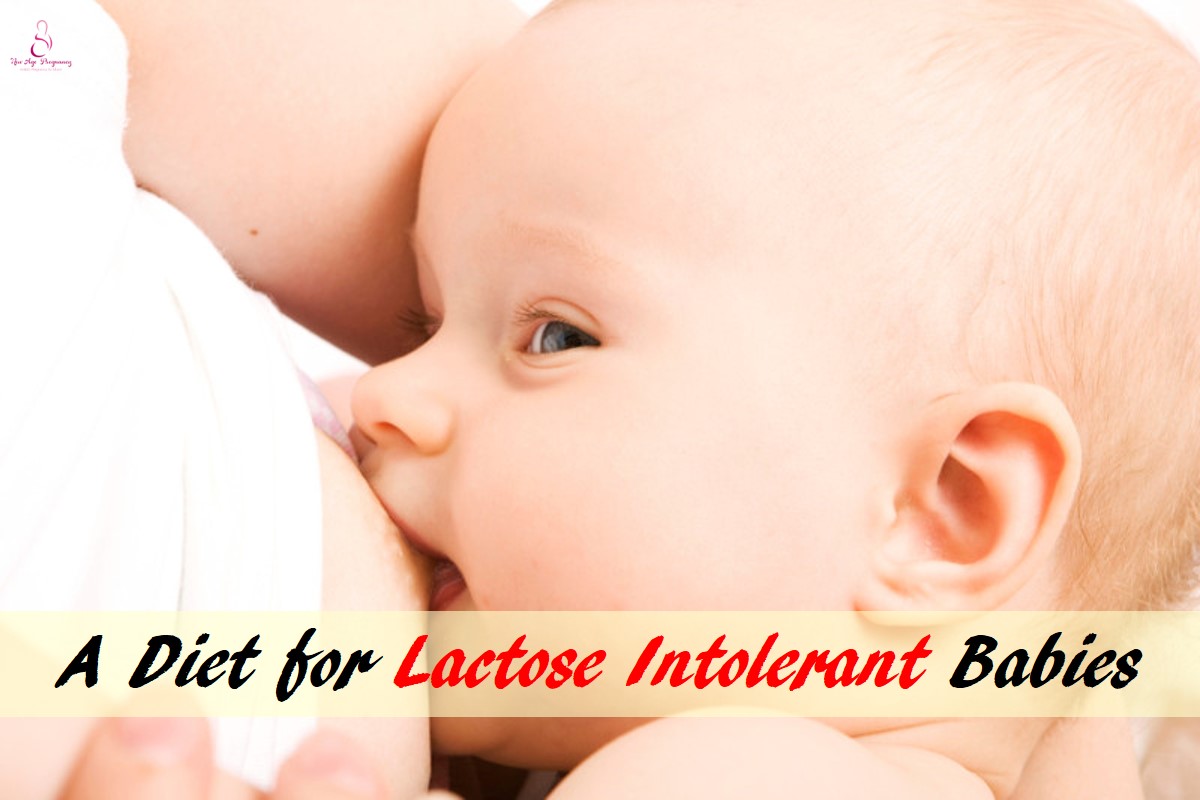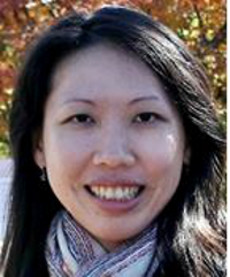
First, we need to determine if the baby is lactose intolerant or allergic to cow’s milk. If your child is lactose intolerant, he may have diarrhea, abdominal cramping, bloating, or gas about 30 minutes to two hours after drinking milk or eating dairy products, like cheese or yogurt, once he starts eating solids.
What alternatives can parents look out for or introduce to their babies?
While the baby has symptoms of lactose intolerance, avoid alternating breastfeeding with feeds of lactose-free artificial baby milk or even take the baby off the breast. Human milk remains the best food and will assist with gut healing. In addition, sensitivity of the baby to foreign protein (cow or soy) should be considered before introduction of any artificial baby milk, as regular types, including lactose-free ones, may make this problem worse.
There are several types of lactose intolerance, but it is very rare for a baby to have to stop breastfeeding because of this condition. Except for the extremely rare primary type, there is always a cause behind lactose intolerance in babies. Getting to the cause and fixing that is the key to resolving the baby’s symptoms.
Some people with lactose intolerance can consume a small amount of dairy without symptoms. Others will be uncomfortable every time they have food containing even a small amount of lactose. It is relatively uncommon to have lactose intolerance as an infant, as even breastmilk contains lactose. When baby is older, you can also give your baby weaning foods from 4-6 months of age, when baby displays signs of readiness for solids.
What are the nutrients to look out for?
If milk intake had been restricted due to lactose intolerance, you child may be lacking in calcium, which helps bones and teeth grow strong. Non-dairy sources of calcium include leafy greens, fortified juices and soy milk, tofu, broccoli, canned salmon, oranges, and fortified breads can be considered. Other nutrients to be concerned about are vitamins A and D, riboflavin, and phosphorus.
By Ms Suzanne Khor, Senior Dietician
Practice Address:
Thomson Paediatric Centre – The Child Development Centre
10 Sinaran Drive
Novena Medical Centre #09-04
Tel: 6397 6627
Email: info@thomsonpaeds.com







